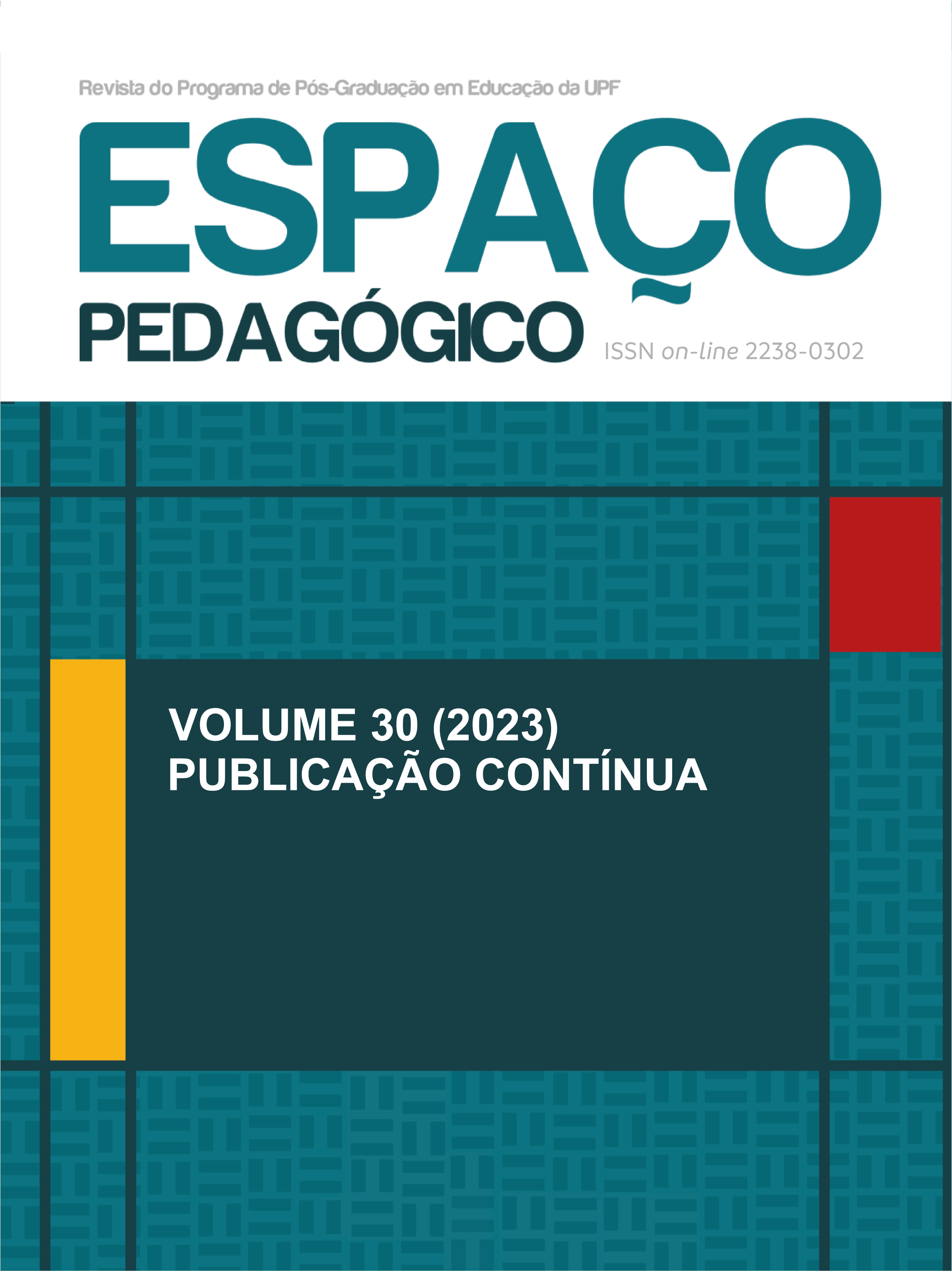Metacognition in Clinical Simulation
Assisting the Student in Learning to Learn
DOI:
https://doi.org/10.5335/rep.v30i0.14805Keywords:
Metacognition, Simulation Training, LearningAbstract
Learning to learn involves developing skills and strategies to improve one's own learning process. Clinical simulation is a technique that involves replicating environments similar to those found in healthcare practice, promoting clinical reasoning, decision-making, and continuous improvement of results. Thus, becoming aware of cognitive processes in simulation is essential for achieving the best results in the use of the technique. The aim of the study was to explore beyond the visible during simulated practices, in light of metacognitive theory. It aims to understand the metacognitive process during all stages, in order to understand the mental operations of student learning, and propose teaching actions that promote metacognitive thinking when problem-solving. This is a descriptive, qualitative field study. It explored the metacognitive process in three simulation scenarios, applied to a group of medical students. The results showed metacognition and its manifestation throughout the subjects' discourse, during all stages. Based on this, guiding questions were listed to awaken metacognition in the briefing and debriefing stages, in order to explore beyond cognitive processes and achieve metacognition.



